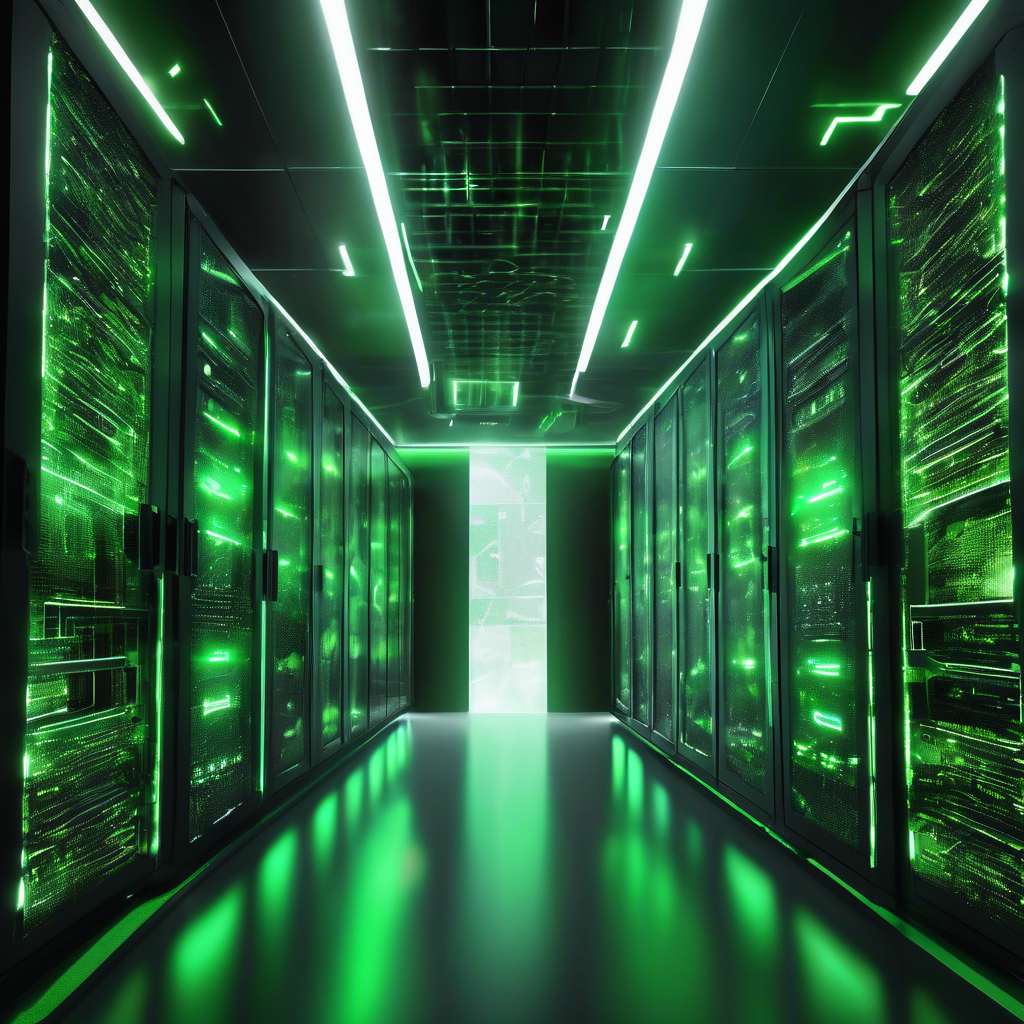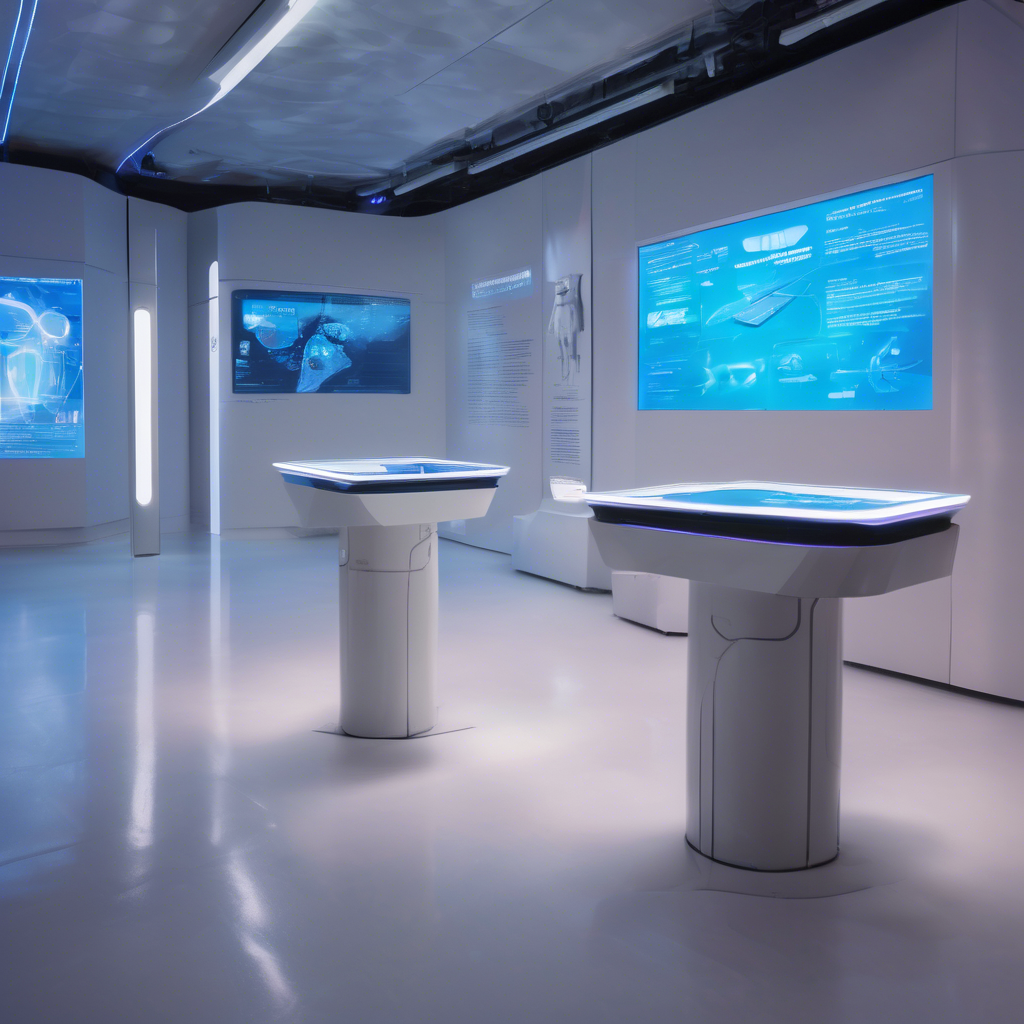Nvidia CEO Discusses Huawei AI Chip Threat and US Export Restrictions with House Foreign Affairs Committee

Nvidia CEO Jensen Huang recently met privately with the U. S. House Foreign Affairs Committee to discuss pressing concerns about Huawei’s rapid advancements in artificial intelligence (AI) technology, focusing on AI chip development and its implications for national security and economic competitiveness. Huang highlighted issues arising from current U. S. export restrictions on Nvidia’s advanced chips, which may unintentionally strengthen Huawei’s standing in the global AI market. A key point was the emergence of AI models like DeepSeek R1, optimized for Huawei’s chips, potentially driving global demand for Huawei-produced AI hardware and challenging U. S. technological leadership. Nvidia warned that these dynamics could accelerate the adoption of Huawei’s AI chips, reshaping the competitive landscape in ways that might disadvantage American firms and weaken the U. S. ’s strategic position in AI innovation. Huang emphasized AI technology’s strategic importance beyond commerce—as a national infrastructure crucial for transforming sectors such as defense, healthcare, transportation, and communications. He called for greater U. S. investment in domestic manufacturing to protect technological advances and reduce reliance on foreign supply chains. The meeting also reaffirmed Nvidia’s support for U. S. government efforts to maintain American technological dominance. Since the Trump administration, export controls have limited Nvidia’s chip sales to China, prompting the company to design compliant AI chips specifically for the Chinese market. More recently, U. S. authorities directed Nvidia to halt sales of its latest AI chip, the H20, to China, tightening export controls amid concerns over technology transfer and national security.
Nvidia’s compliance has inadvertently created a market void that Huawei aims to fill with its own advanced chip technologies. Huawei’s aggressive AI chip development poses a direct challenge to Nvidia and the broader U. S. tech ecosystem, potentially accelerating China’s AI leadership ambitions, especially in geopolitically sensitive sectors. Huang’s engagement with policymakers reflects recognition that addressing these challenges demands coordinated efforts, strategic policies, and sustained innovation investment. This evolving scenario carries broad implications for global tech competition, trade policies, and geopolitical alignments. As AI becomes central to economic and defense power, the U. S. must balance export restrictions with fostering domestic technological growth and global competitiveness. Nvidia advocates a comprehensive strategy combining stringent export controls with increased funding for domestic manufacturing and R&D to ensure American companies lead AI innovation while mitigating tech leakage risks to rivals. The situation also underscores the complexity of global technology supply chains and the difficulties in enforcing export controls in a fast-paced market. As Huawei advances indigenous AI chip technology, the U. S. and its allies may need new collaborative frameworks to bolster collective tech resilience and uphold security standards. The dialogue between Nvidia’s leadership and U. S. policymakers highlights the urgent need to address the strategic stakes of AI chip advancements. Given AI’s transformative impact across industries, maintaining leadership is increasingly tied to future geopolitical influence and economic success. Overall, the meeting with the House Foreign Affairs Committee illustrates the multifaceted challenges and opportunities presented by emerging AI technologies. Nvidia’s position balances regulatory compliance, business interests, and national security, stressing the crucial need for informed policies to navigate the complex AI landscape.
Brief news summary
Nvidia CEO Jensen Huang testified before the U.S. House Foreign Affairs Committee about Huawei’s rapid advancements in AI chip technology and their impact on U.S. national security and economic leadership. He highlighted Huawei’s AI models, like DeepSeek R1, optimized for Huawei’s chips, which boost global demand and challenge U.S. technological dominance. Huang stressed AI’s vital role in defense, healthcare, and communications, urging increased U.S. investment in domestic manufacturing to reduce reliance on foreign supply chains. Despite existing export controls restricting Nvidia’s chip sales to China, Huawei exploits loopholes to advance AI capabilities in critical areas. Huang called for coordinated policies, enhanced innovation, sustained R&D funding, balanced export controls, and stronger international cooperation. These measures are crucial for preserving U.S. leadership in AI and ensuring global technological security amid intensifying international competition.
AI-powered Lead Generation in Social Media
and Search Engines
Let AI take control and automatically generate leads for you!

I'm your Content Manager, ready to handle your first test assignment
Learn how AI can help your business.
Let’s talk!

What Happens When People Don't Understand How AI …
The widespread misunderstanding of artificial intelligence (AI), especially large language models (LLMs) like ChatGPT, has significant consequences that warrant careful examination.

Scalable and Decentralized, Fast and Secure, Cold…
In today’s fast-changing crypto market, investors gravitate toward blockchain projects that blend scalability, decentralization, speed, and security.

Blockchain in Education: Revolutionizing Credenti…
The education sector faces significant challenges in verifying academic credentials and maintaining secure records.

Exploratorium Launches 'Adventures in AI' Exhibit…
This summer, San Francisco’s Exploratorium proudly presents its newest interactive exhibition, "Adventures in AI," aimed at delivering a thorough and engaging exploration of artificial intelligence to visitors.

Google Unveils Ironwood TPU for AI Inference
Google has unveiled its latest breakthrough in artificial intelligence hardware: the Ironwood TPU, its most advanced custom AI accelerator to date.

Beyond the Noise: The Quest for Blockchain's Tang…
The blockchain landscape has matured beyond early speculation into a domain requiring visionary leadership that bridges cutting-edge innovation with real-world utility.

AI in Entertainment: Creating Virtual Reality Exp…
Artificial intelligence is transforming the entertainment industry by greatly enhancing virtual reality (VR) experiences.

 Auto-Filling SEO Website as a Gift
Auto-Filling SEO Website as a Gift








 Auto-Filling SEO Website as a Gift
Auto-Filling SEO Website as a Gift

